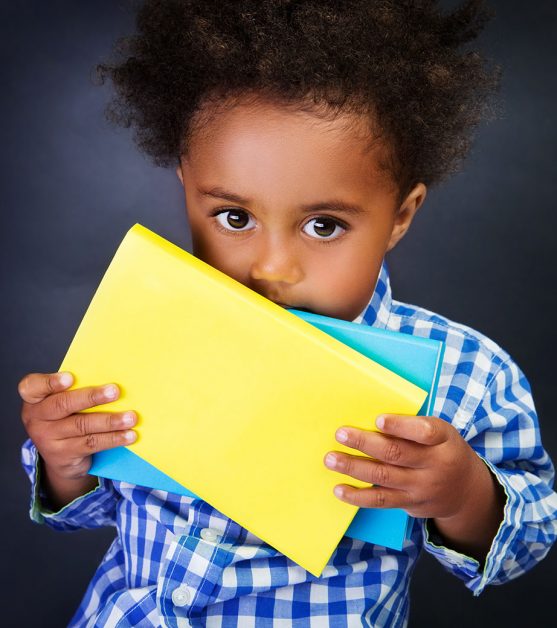While it is often hard to believe, we have been in a state-of-emergency for almost two months now due to the coronavirus and its complimentary COVID-19 illness. Because of these events, we have been on a nationwide stay at home order, in which any non-essential business has to take time off to help prevent the spread of the disease.
Unfortunately, that means that the doors at Child Time Inc. have been closed for that amount of time. This also creates an additional burden on the parents of our beloved students because they will have to juggle their personal work lives with managing and teaching their little ones valuable and life-long skills.
With the state of the world stabilizing (knock on wood) businesses and facilities are beginning to open up slowly at minimized capacity to enable normalcy to enter back into our lives.
With that, schools and daycare services will begin to open, so it’s important to sit down with your child and help them understand this concept in a healthy and positive way. In this post, we will be going over tips to help transition your little one back into school when the fallout ends.
Honesty Is Key
As you have hopefully tried to inform them up until this point, we are currently living through one of the biggest global events in recent history. Let that sink in for a moment.
Now, your child will most likely not understand entirely what is going on, and that is to be expected. In reality, none of us adults even truly understand the extent that this disease can have on our world in the long-term.
What you should be trying to explain to your child during these times is why they aren’t at school currently, and how a school might be different once they return. Because they haven’t developed the capacity to understand concepts on a global scale, it is important to help break these concepts down into the ways that it directly impacts them.
Some points of conversation to bring up to them include:
- Why they won’t be at home full-time anymore
- The increasing importance of proper hygiene
- How to remain a fully-capable and behaved child
- That they will still come home each day and that you still love them
While some of these topics sound like goofy and no-brainer thoughts, these concepts can be perceived completely differently to your child who does not grasp in the same logical way as you.
Continue To Build Their Skills
During the quarantine period, you hopefully got to spend significant time with your little one. Even if you had to work from home throughout the entire process of lockdown, their 24/7 presence hopefully allowed you to spend time together and develop the skills that they would have practiced while at school.
With them going back to school, it is important to know that these skills take time to develop, and can not be limited to one place of activity. Even though your child will be away at school learning simple concepts like the alphabet and counting, it is important to help continue those developments when they are at home. School is not a substitute for good parenting.
Some simple ways to help build on these skills include continuing to involve your child in activities that they have watched you perform over the past two months. For instance, if you are making breakfast for your family, incorporating your child’s counting skills is a great way to stay on top of things. If you need six eggs for breakfast, have them count the eggs with you so that they are staying sharp in their developing lives.
Promote Activity
The worst thing your child could do during this period is sitting around and “vegging” out. In today’s society, it is almost easier to hand a child a tablet device or smartphone and have them “learn” from technology as opposed to learning from first-hand experience.
As much as we hate the term “back in the day,” it is applicable for certain scenarios. Promoting health and activity to your child will help instill good habits and traits that can’t be taught from a device. “Back in the day” individuals had no choice but to go out and learn from personal exploration. Whether that is playing outside, getting creative, or learning a new concept, a hands-on experience will benefit them much more than putting on a video that simply discusses these topics. Teaching your child through activity will also mitigate their lazy tendencies because when they do enroll back into classes, teachers will expect them to actively participate in whatever is being taught. Promoting these habits at home will lead to a much easier transition.
Choosing Child Time Inc. For An Easy Transition
Child Time Inc. is an early-learning education facility scattered across multiple divisions and locations in Utah. We pride ourselves on encouragement, and attribute much of our success to the Reggio Emilia philosophy. When quarantine ends and we can live with somewhat normalcy, we urge you to consider enrolling your child into our programs. Contact us today to learn more about us and how we can mesh well with the network you have set up for your child.


